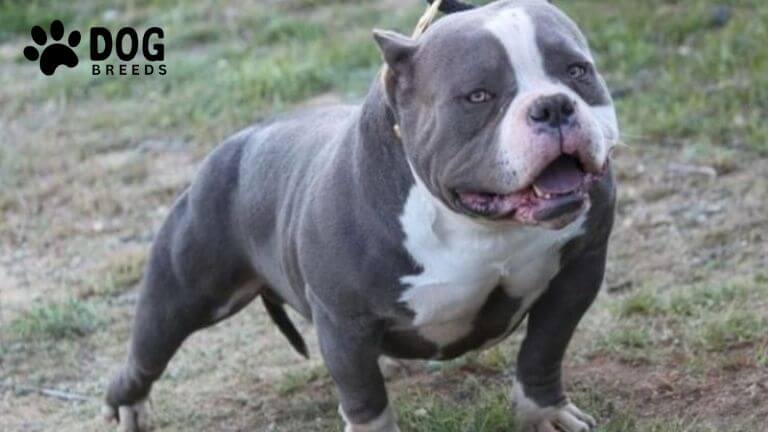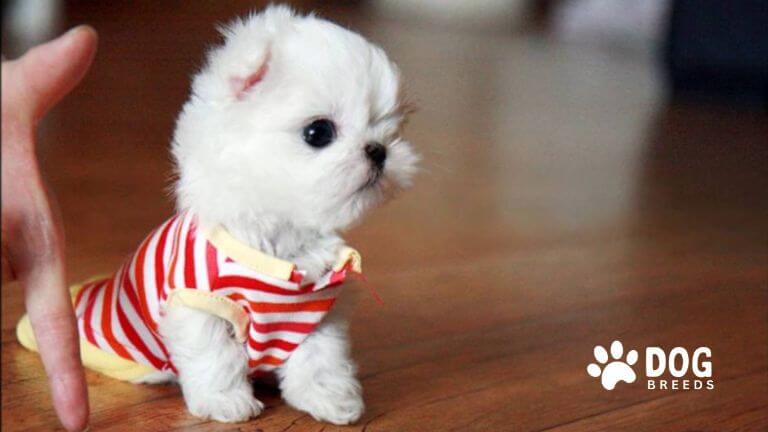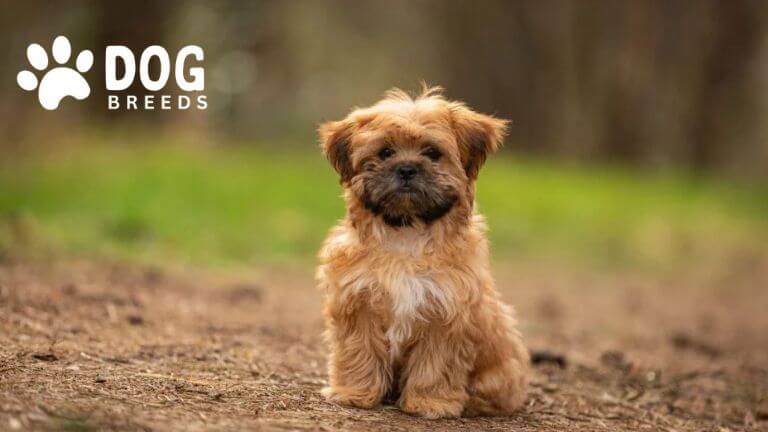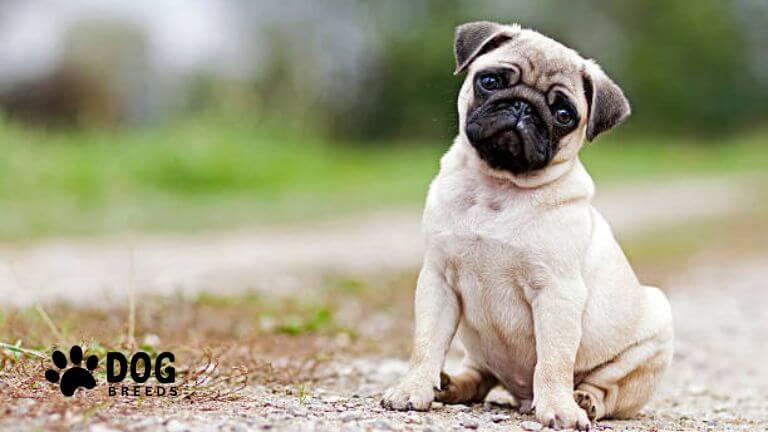Pocket Pitbull Dog Breed | Size, Temperament & Care Guide
Pocket Pitbulls are a hybrid dog breed that combines the strength and loyalty of the American Pit Bull Terrier with the compact size and agility of the Patterdale Terrier. These dogs have gained popularity due to their muscular build, affectionate nature, and adaptability to different living environments.
This article provides a detailed overview of the Pocket Pitbull breed, covering their origins, characteristics, temperament, health concerns, and care requirements. By the end of this guide, you will have a clear understanding of whether a Pocket Pitbull is the right companion for you. This well-researched content is structured in an engaging question-and-answer format, offering insights backed by real-world data and research.
What is a Pocket Pitbull?
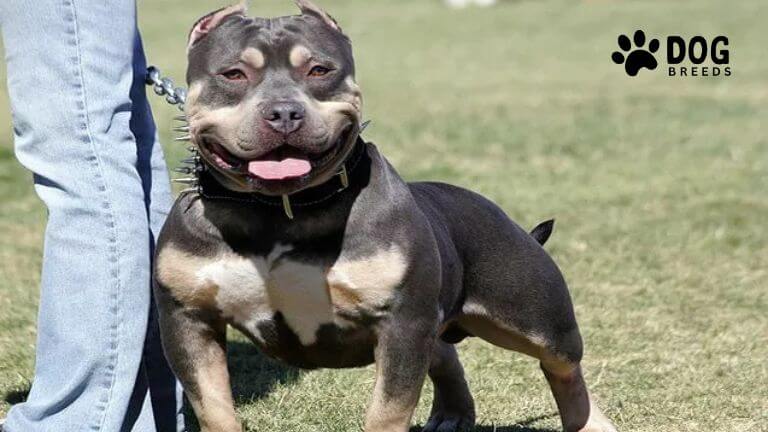
A Pocket Pitbull, also known as a Miniature Pit Bull or Pitterdale Dog, is a designer breed resulting from crossing an American Pit Bull Terrier with a Patterdale Terrier. This mix results in a smaller, muscular dog with high energy levels and strong protective instincts.
These dogs typically weigh between 11 to 22 pounds and stand about 12 to 16 inches tall. Despite their small size, they inherit the strength and determination of both parent breeds. Their compact size makes them suitable for apartment living, but they still require regular exercise and training.
What is the Origin of Pocket Pitbulls?
Pocket Pitbulls were developed to create a smaller, more manageable version of the American Pit Bull Terrier while retaining its best traits. The Patterdale Terrier was chosen for its agility and working-dog background, making the mix an energetic and strong-willed companion.
This breed emerged as part of the designer dog trend, which aimed to combine desirable traits from different breeds. While not officially recognized by major kennel clubs, they are growing in popularity due to their loyalty and protective nature.
What Are the Physical Characteristics of a Pocket Pitbull?
Pocket Pitbulls have a sturdy, well-muscled body with a short, straight coat. They come in various colors, including black, blue, fawn, red, and brindle. Their coat is easy to maintain, requiring minimal grooming.
They have a broad chest, strong legs, and a slightly tapered muzzle. Their ears can be erect or semi-floppy, depending on genetic influence. Their expressive eyes reflect their intelligence and alertness.
What is the Temperament of Pocket Pitbulls?
Pocket Pitbulls are affectionate, loyal, and highly protective of their families. They inherit the friendly nature of Pit Bulls while maintaining the tenacity of Patterdale Terriers.
These dogs are highly intelligent and trainable, but they require firm and consistent leadership. Early socialization is crucial to ensure they develop into well-mannered companions. They are good with children and other pets when properly trained but may display a strong prey drive due to their terrier lineage.
Are Pocket Pitbulls Good Family Pets?
Yes, Pocket Pitbulls make excellent family pets for active households. Their affectionate nature makes them great companions, and they thrive on human interaction. They are particularly good with children when raised in a structured and loving environment.
However, they need proper socialization to prevent territorial behavior. They do best in homes where they receive plenty of physical and mental stimulation.
What Are the Health Concerns of Pocket Pitbulls?
Like all hybrid breeds, Pocket Pitbulls may inherit health issues from their parent breeds. Some common health concerns include:
- Hip Dysplasia – A genetic condition affecting joint health.
- Patellar Luxation – A knee condition common in smaller dogs.
- Intervertebral Disc Disease – Spinal problems that may develop over time.
- Hypothyroidism – A hormonal imbalance affecting metabolism.
- Demodectic Mange – A skin condition caused by mites.
Regular veterinary checkups, a balanced diet, and proper exercise can help prevent or manage these conditions.
How Much Exercise Does a Pocket Pitbull Need?
Pocket Pitbulls are highly energetic and require at least 45 to 60 minutes of daily exercise. Activities like running, agility training, and interactive games help keep them physically and mentally stimulated.
Without adequate exercise, they may develop destructive behaviors due to pent-up energy. Regular walks and playtime are essential for their well-being.
What is the Best Diet for a Pocket Pitbull?
A high-protein diet with essential fats and vitamins is best for Pocket Pitbulls. They require nutrient-dense food to support their muscular build and energy levels.
Feeding should be based on their activity level, weight, and age. High-quality commercial dog food or a raw diet can be suitable, but consulting a veterinarian ensures optimal nutrition.
Do Pocket Pitbulls Require Grooming?
Pocket Pitbulls have a short, easy-to-maintain coat that requires minimal grooming. Weekly brushing helps keep their coat healthy and reduces shedding. Bathing should be done as needed, and regular ear cleaning, nail trimming, and dental care are essential for their overall health.
Are Pocket Pitbulls Easy to Train?
Yes, Pocket Pitbulls are intelligent and eager to please, making them relatively easy to train. However, they require consistent, positive reinforcement training. Early socialization and obedience training are crucial to prevent stubborn or aggressive behaviors.
Using treats, praise, and structured training sessions helps reinforce good behavior. Harsh training methods should be avoided as they can lead to fear-based responses.
Do Pocket Pitbulls Have Behavioral Issues?
Pocket Pitbulls can develop behavioral issues if not properly trained and socialized. Some common concerns include:
- Separation Anxiety – They form strong bonds with their owners and may experience distress when left alone.
- Aggression Toward Other Dogs – Without proper socialization, they may show dominance or aggression.
- Excessive Barking – If not mentally stimulated, they may bark excessively out of boredom or frustration.
Addressing these issues through training, socialization, and regular exercise helps prevent unwanted behaviors.
Conclusion
Pocket Pitbulls are loyal, affectionate, and energetic companions that thrive in active households. Their small size, combined with their strong and protective nature, makes them an excellent choice for dog lovers who want a compact but powerful breed.
Proper training, exercise, and care ensure they grow into well-behaved pets. If you’re considering adding a Pocket Pitbull to your family, ensure you have the time and commitment to meet their needs. With the right care, they can be a loving and devoted member of your household for years to come.
- Why Are Dalmatians Not Popular? Uncovering the Truth Behind the Rarity of This Iconic Breed - April 16, 2025
- Top 15 Chinese Dog Breeds: Discover the Best Dogs from China - April 14, 2025
- Dalmatian Dog Breed: History, Care, Personality & Health - April 3, 2025

